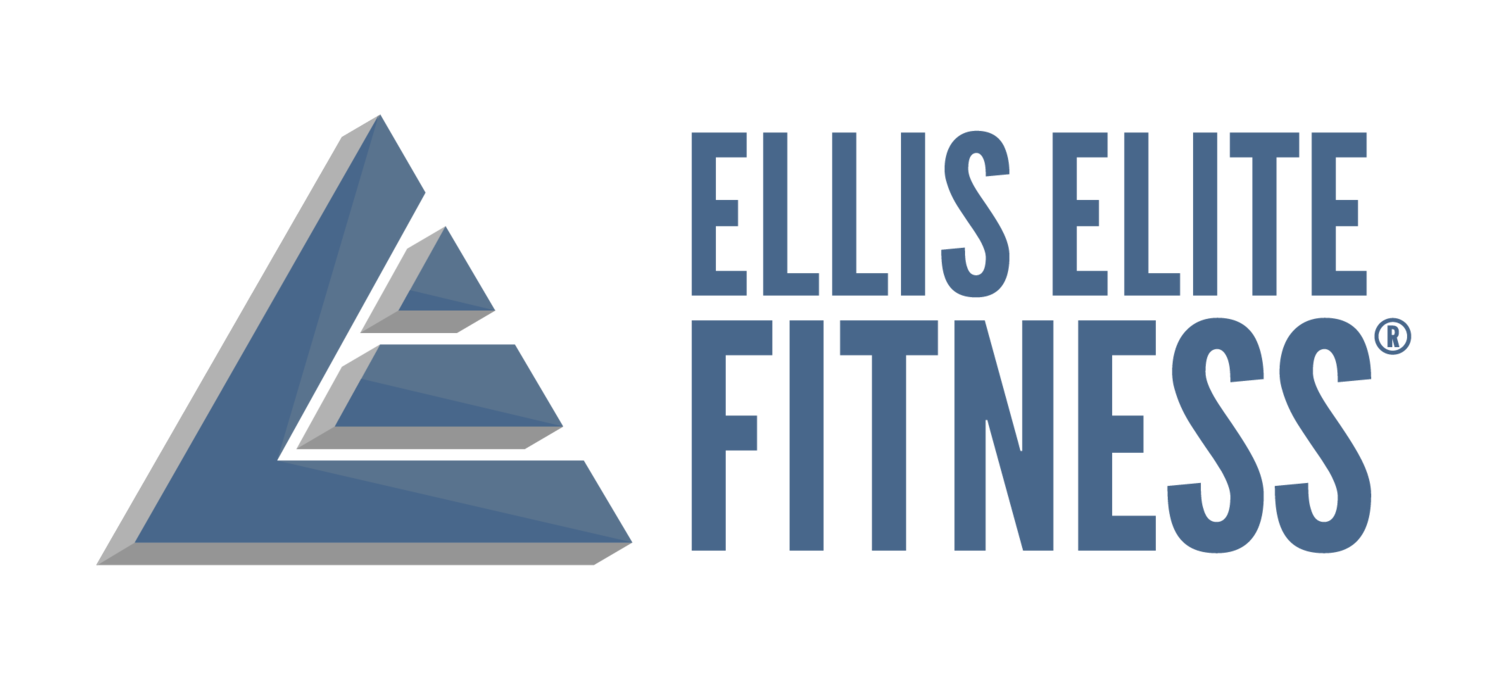Post-Workout Nutrition
You're seated on a bench at the end of your workout, hunched over, drenched in sweat, legs already aching from the heavy squats at the start of your workout, and your lungs gasping for air after a grueling metabolic finisher. All you want to do is lie down for a few minutes to catch some air and recover, but you've got errands to run before you head home. So, you reach down by your feet, grab your near empty shaker bottle, and slowly make your way to the locker room. Now comes the most important part, the recovery period.
The workout you just finished wasn't good for you, it's how your body responds to the workout that makes it good for you. You created a lot of damage over the last hour and broke down a lot of tissue, now your body needs the material to rebuild stronger than before.
I consider post-workout nutrition to be the second most important meal of the day. At the end of a workout your body is still breaking down tissue, is depleted of nutrients, and is ready to soak up whatever nutrients you throw at it. Our goal is to go from a catabolic state to a anabolic state and deliver nutrients that will aide in recovery, prepare us for our next workout, decrease delayed onset muscle soreness, and take us one step closer to our goals. Here are a few things you should consider in a post-workout recovery shake.
1. Whey protein: Stop tissue breakdown and start the rebuilding process right away. Whey is a fast digesting protein that will get into the bloodstream quickly, creating a rise in insulin, and dropping cortisol. Not only does it help you to repair all of the tissue you just broke down, but it will also help your body with its detoxification processes, which is very important in our modern day toxic environments. Recommendation: Males 40-60 grams and females 20-40 grams.
2. Essential Amino Acids: This can be done in addition to whey, or as an alternative to it. Essential amino acids are very anabolic and will stimulate protein synthesis (muscle building) in the body. They are present in whey, but some are intolerant to whey and need an alternative, others may be looking to decrease daily calorie intake and prefer the EAAs. Recommendation: Males 20-30g and females 10-20g.
3. Electrolytes: When you workout you will lose electrolytes through sweat, so it's probably a good idea to replenish them after, considering they help regulate muscle function, hydration, blood ph, and tissue repair. Replenishing electrolytes will help you get nutrients into the cell by regulating the intracellular and extracellular fluids, improving the effectiveness of the other supplements you're taking. Recommendation: Sodium 100mg, potassium 220mg.
4. Carbohydrates: If you're going to have carbs, now is the time. Your muscles are depleted of glycogen, your insulin sensitivity has improved, and your hard training has moved your GLUT4 receptors from the middle of the cell to the cell wall where they can do their job of transporting glucose into the cell. All of this means that the carbs you take in at this time have a greater chance of being stored in muscle rather than fat. The more volume in your workout, the more muscle you have, the leaner you are, the more carbs you can have. Immediately post-workout I like to have a mix of a carb powder and a high anti-oxidant fruit juice (i.e. cherry juice). Recommendation: Highly individualized.
5. L-Glutamine: What doesn't glutamine help you with? It's good for your gut, brain function, boosting your immune system, stimulating protein synthesis, improving detoxification, and the list goes on. It can also be used to help fight carb and alcohol cravings. This do-it-all amino acid is a must add in any post-workout shake. Recommendation: 5 grams.
6. Magnesium: I could have placed this in the electrolyte category, but thought it so important that it deserves it's own spot on the list. Here are just a few things magnesium can help with: calm the nervous system, decrease inflammation, increase testosterone, improve insulin sensitivity, lower cortisol, and improve digestion. These are just a few things that magnesium helps with, all of which will help to build a healthier, stronger, leaner physique. The majority of Americans are already deficient in this important mineral and exercise will deplete it even more. Recommendation: 200-500mg.
If you want to get the most out of your hard work in the gym, I would highly recommend you take a look at your post-workout nutrition and start adjusting accordingly. Supplementation doesn't replace good nutrition, but it can certainly accelerate results and have an impact on overall health.

